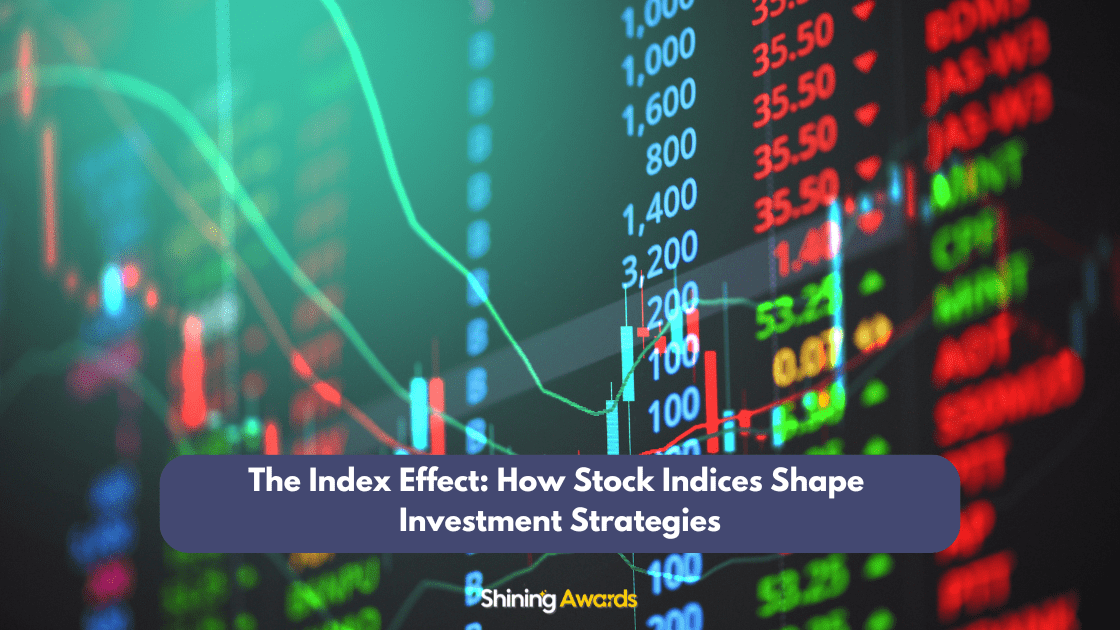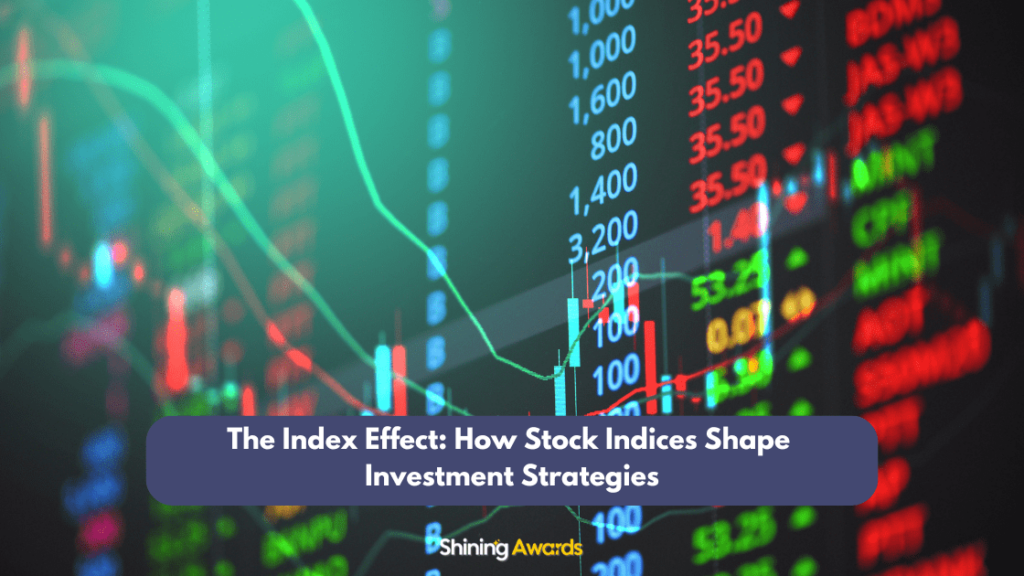The Index Effect: How Stock Indices Shape Investment Strategies

The Index Effect – In the intricate realm of financial markets, the index effect stands as a captivating force shaping investment strategies. From its historical evolution to its profound implications for investors, this article embarks on a journey to unravel the mysteries surrounding this phenomenon. Exploring the mechanism behind the index effect, its implications for investment strategies, and strategies for capitalizing on its dynamics, readers will gain valuable insights into navigating the complexities of modern finance. Start your trading journey by investing in a reliable trading platform such as Auto Quantum Profit.
The Index Effect

The Mechanism Behind the Index Effect
The phenomenon known as the “index effect” holds profound implications for investors navigating the complexities of financial markets. At its core, the index effect refers to the impact that changes in stock indices have on investment behavior and market dynamics.
One facet of this effect revolves around investor psychology and the tendency for individuals to exhibit herding behavior in response to index changes. When a stock is added to or removed from a prominent index, such as the S&P 500 or the FTSE 100, investors often rush to adjust their portfolios to align with the new index composition.
Moreover, the mechanics of index construction and maintenance play a crucial role in driving the index effect. Index providers regularly rebalance their indices to reflect changes in market capitalization, sector composition, or other criteria.
As a result, stocks that meet the inclusion criteria may experience price appreciation leading up to their addition to an index, while those facing removal may face selling pressure. These adjustments can create arbitrage opportunities for astute investors who anticipate index changes and position themselves accordingly.
Furthermore, the rise of passive investment strategies, such as index funds and exchange-traded funds (ETFs), has amplified the index effect in recent years.
These investment vehicles seek to replicate the performance of a specific index by holding a basket of securities that mirror its composition. As a result, index additions and deletions can have a cascading effect on the prices of constituent stocks, as passive investors adjust their holdings to match the revised index weighting.
Implications for Investment Strategies
The index effect carries significant implications for investment strategies across the spectrum, from individual investors to institutional asset managers.
One of the key considerations for investors is the choice between passive and active investment approaches in light of the index effect. Passive strategies, such as index fund investing, aim to replicate the performance of a specific index and may be particularly susceptible to the effects of index rebalancing and constituent changes.
In contrast, active managers seek to outperform the market through research, analysis, and selective stock picking, potentially mitigating the impact of index-related volatility.
Moreover, the index effect underscores the importance of tactical asset allocation in portfolio management. By monitoring index changes and anticipating market reactions, investors can adjust their asset allocation to capitalize on emerging opportunities or mitigate potential risks. This dynamic approach to portfolio construction allows investors to adapt to changing market conditions and optimize their risk-return profile over time.
Additionally, risk management strategies play a crucial role in navigating the implications of the index effect. As index changes can introduce volatility and uncertainty into the market, investors must employ prudent risk mitigation techniques to protect their portfolios from adverse events. This may include diversification across asset classes, hedging against downside risk, or implementing stop-loss orders to limit potential losses in volatile market environments.
Overall, the index effect necessitates a nuanced approach to investment strategy that takes into account both passive and active management techniques, tactical asset allocation, and robust risk management practices.
By carefully considering the implications of index changes on investment portfolios, investors can position themselves to capitalize on opportunities while safeguarding against potential pitfalls in the ever-changing landscape of financial markets.
Strategies for Capitalizing on the Index Effect
In light of the index effect’s impact on financial markets, savvy investors can employ various strategies to capitalize on emerging opportunities and mitigate potential risks.
One approach is to leverage index rebalancing events as potential sources of alpha generation. As index providers adjust their indices to reflect changes in market conditions, stocks that are added to or removed from prominent indices may experience temporary price distortions as investors react to the news.
Furthermore, incorporating index predictions into investment decision-making processes can provide valuable insights into market sentiment and potential price movements. Analysts and market observers often track index changes and speculate on the likely impact on individual stocks and sectors.
Moreover, mitigating risks associated with index volatility is paramount for investors seeking to capitalize on the index effect. One strategy is to implement stop-loss orders or other risk management techniques to limit potential losses in the event of adverse market movements.
Conclusion
In conclusion, the index effect emerges as a compelling force shaping investment landscapes. Through understanding its mechanisms and implications, investors can harness its power to optimize their portfolios and navigate market fluctuations with confidence. As financial markets continue to evolve, the lessons gleaned from deciphering the index effect will remain invaluable for investors seeking to achieve their long-term financial goals.
